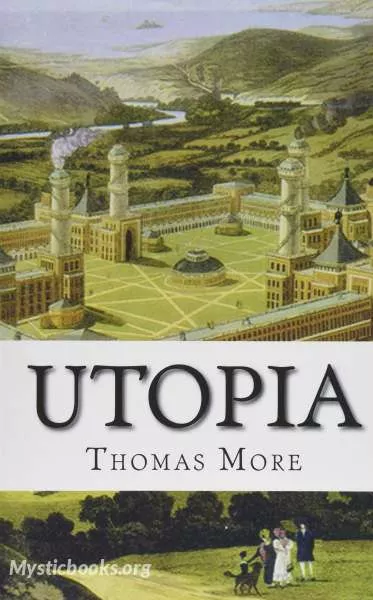
Utopia
'Utopia' Summary
He was a trusted aide of Henry VIII, but when he supposedly opposed the monarch's second marriage, he was thrown into prison and executed for treason. More than two hundred years later, he was canonized as the patron saint of statesmen and politicians by the Catholic Church. Philosopher, writer, diplomat, lawyer, Renaissance man, avid gardener, humanist thinker and statesman are only some of the words used to describe him. A lifelong opponent of Protestantism who was rumored to have had heretics imprisoned, murdered and burned at the stake, Thomas More is even today an enigmatic figure.
The book is divided into two parts. Sir Thomas describes in great detail the history, geography, demographics and politics of his fictional country. It is portrayed as the ideal state in all ways. A welfare state, it does not allow its citizens to own private property. Agriculture is the most highly respected job on the island and crime is almost nonexistent. Men and women do the same kind of work. They are trained in at least one trade. However, slavery does exist and is actively practiced in Utopia. Euthanasia is allowed and indeed welcomed by older people and priests are allowed to marry. Though divorce is permitted, premarital relationships are punished under the law. There is a community dining room where every citizen takes meals and travel within the island is permissible only by means of an internal passport. There are no lawyers in Utopia! Religions are many, but atheists are condemned. There are several such interesting aspects in the book.
Such is Thomas More's vision of the ideal state. Scholars have attempted to understand his motive behind writing the treatise. Ideas such as euthanasia, noncelibate priesthood, divorce etc seem to have been diametrically opposite to the teachings of the Catholic Church in which he believed so strongly. Paradoxical also is his condemnation of the law and lawyers, since he was a brilliant one himself.
In spite of these contradictions Utopia remains one of the most humane and interesting fantasies and a great addition to your repertoire.
Book Details
Language
EnglishOriginal Language
LatinPublished In
1516Authors
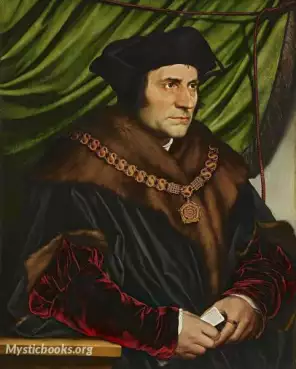
Sir Thomas More
England
Sir Thomas More , venerated in the Catholic Church as Saint Thomas More, was an English lawyer, judge, social philosopher, author, statesman, and noted Renaissance humanist. He also served Henry VIII...
Books by Sir Thomas MoreDownload eBooks
Listen/Download Audiobook
- Select Speed
Related books
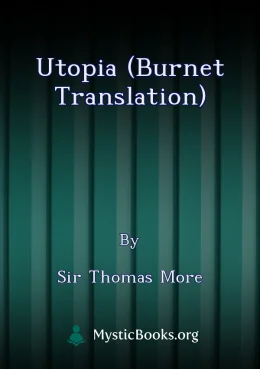
Utopia (Burnet translation) by Sir Thomas More
This book is all about the fictional country called Utopia. It is a country with an ‘ideal’ form of communism, in which everything really does belong...
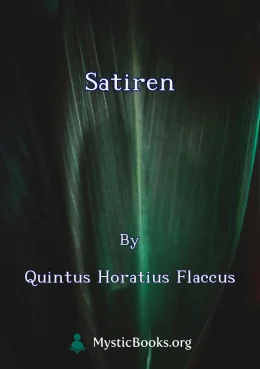
Satiren by Quintus Horatius Flaccus
Diese Ausgabe der Satiren von Horaz, herausgegeben im Jahr 1893, bietet Einblicke in das Werk eines der bedeutendsten römischen Dichter der Augusteisc...
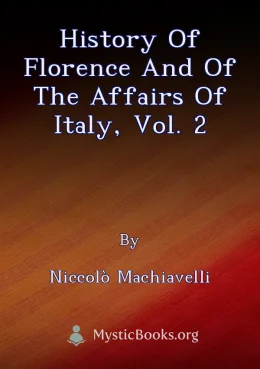
History of Florence and of the Affairs of Italy, Vol. 2 by Niccolò Machiavelli
Machiavelli's *History of Florence* is a detailed account of the city's political and social evolution from its origins to the early 16th century. It...
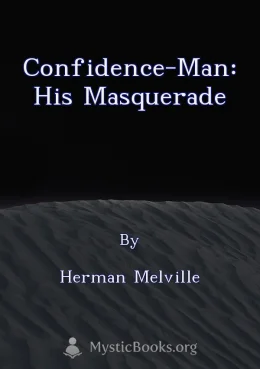
Confidence-Man: His Masquerade by Herman Melville
The Confidence-Man: His Masquerade is a complex and unsettling novel that explores the nature of human nature, the elusiveness of truth, and the corro...
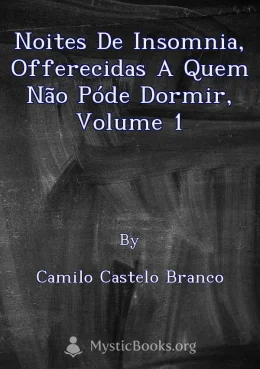
Noites de insomnia, offerecidas a quem não póde dormir, volume 1 by Camilo Castelo Branco
Noites de Insônia is a collection of essays and short stories by Camilo Castelo Branco, one of the most important writers of Portuguese literature. Th...
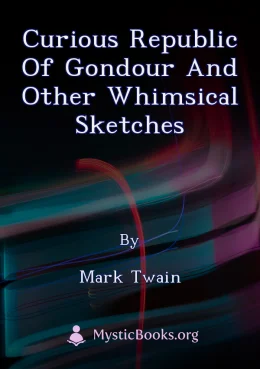
Curious Republic of Gondour and Other Whimsical Sketches by Mark Twain
This collection of stories by Mark Twain explores a variety of themes through a whimsical and imaginative lens. From political commentary to the human...
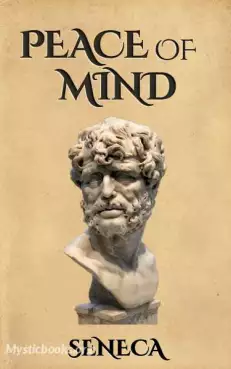
Of Peace of Mind by Seneca
How to maintain a tranquil mind amongst social upheaval and turmoil, addressed to Serenus.

Fables de La Fontaine, livre 11 by Jean de La Fontaine
Ce onzième livre des fables de Jean de La Fontaine est celui qui contient le plus petit nombre de fables: 10. Toutefois, les textes de ces fables sont...
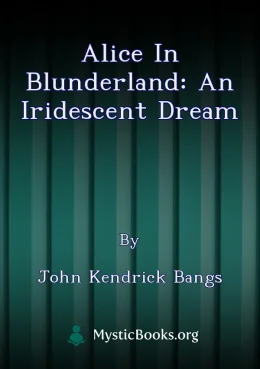
Alice in Blunderland: an Iridescent Dream by John Kendrick Bangs
Alice in Blunderland is a satirical novel by John Kendrick Bangs that parodies Lewis Carroll's Alice's Adventures in Wonderland. The novel follows Ali...
![Aristipp [und einige seiner Zeitgenossen] - 1. Band Cover image](/thumbs/image/book/aristipp-und-einige-seiner-zeitgenossen-1-band-christoph-martin-wieland.webp)
Aristipp [und einige seiner Zeitgenossen] - 1. Band by Christoph Martin Wieland
Christoph Martin Wieland's "Aristipp und seine Zeitgenossen" is a multi-volume novel that delves into the flourishing period of Hellenistic philosophy...
Reviews for Utopia
No reviews posted or approved, yet...